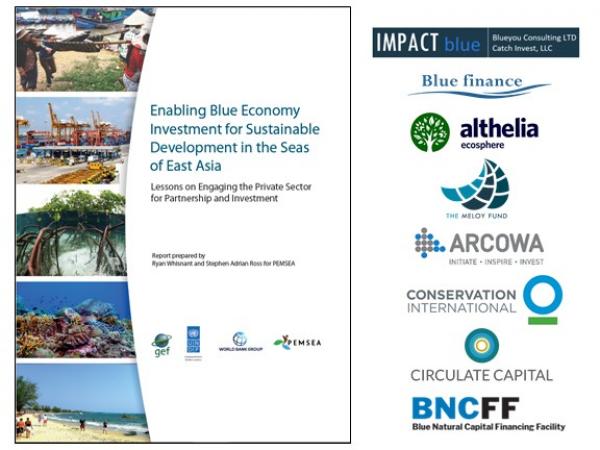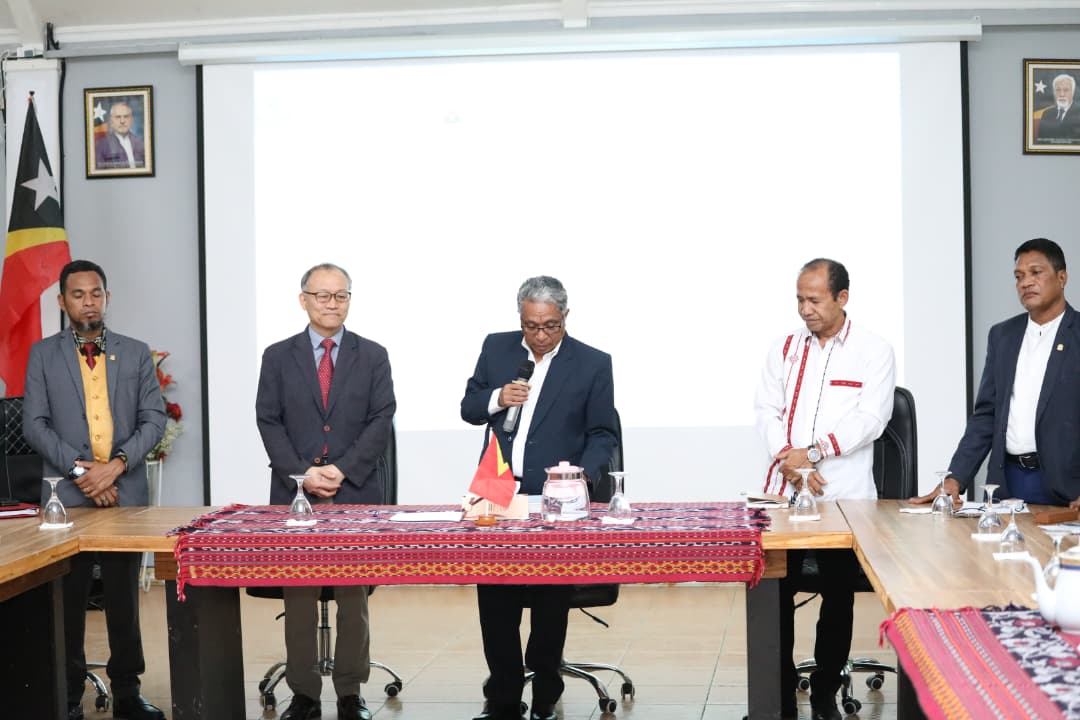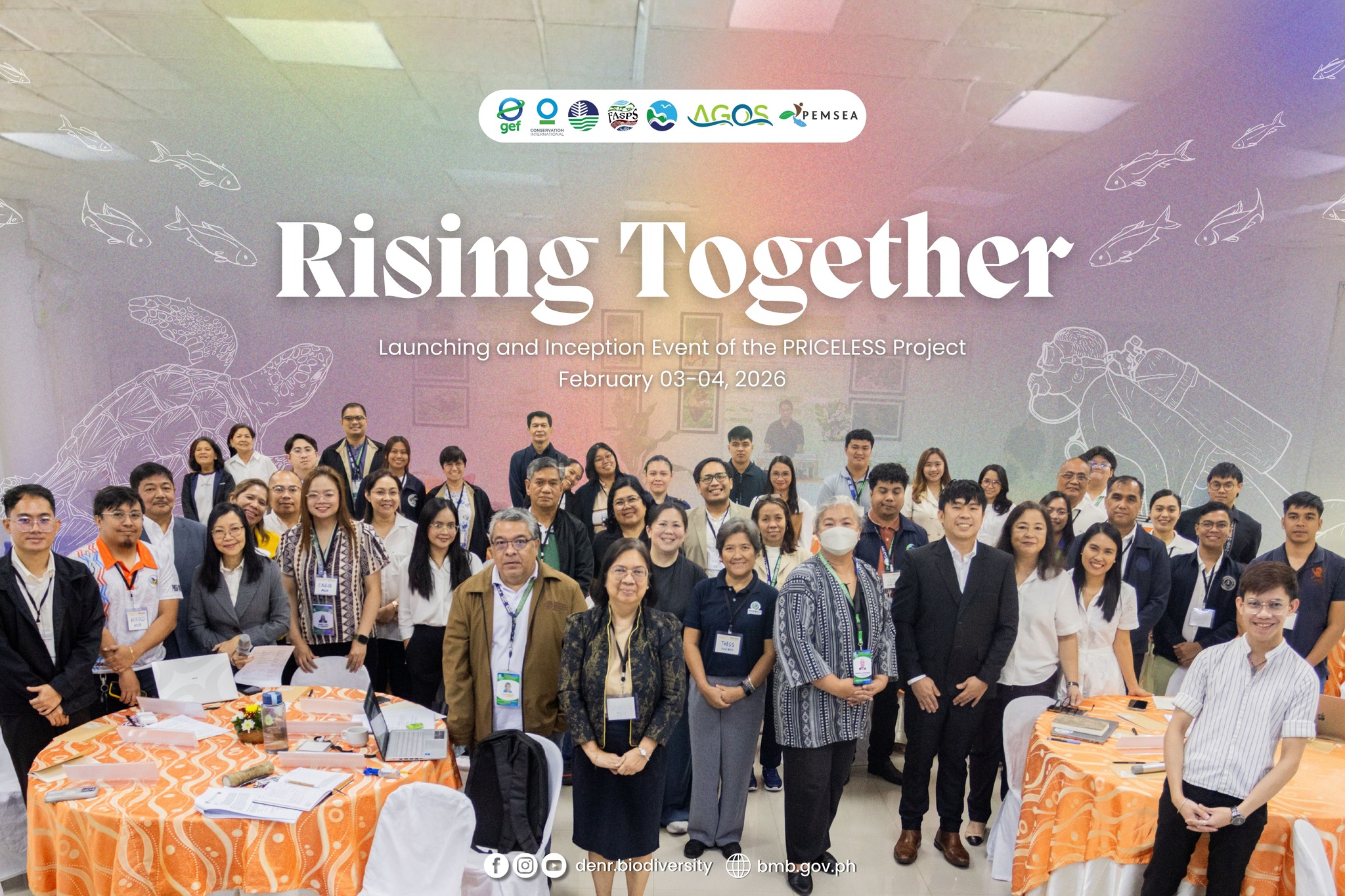New report highlights EAS experiences in blue economy investment
Thursday, 24 October 2019

A new report released today by PEMSEA highlights lessons learned and provides recommendations for the application of blue economy investment towards the sustainable development of the East Asian Seas (EAS) region.
The report, “Enabling Blue Economy Investment for Sustainable Development in the Seas of East Asia”, recognizes the importance of exploring new solutions, through financing and investment, to reverse the rapid deterioration of ocean health and pursue the long-term health and sustainability of East Asia’s shared seas.
The seas of East Asia host the world’s highest concentrations of coastal and marine biodiversity while also being a global center of economic growth. The health of the oceans faces significant pressures, leading to loss of coral reefs and mangrove forests, a decline in fish stocks, nutrient overloading and marine plastic pollution, as well as climate-change induced ocean warming, increasing acidity, and sea level rise.
Surrounded by rapidly evolving landscapes and developing partner needs, PEMSEA has been establishing foundations for sustainable blue economy investment in East Asia for many years. In collaboration with other regional and international organizations, PEMSEA has undertaken a significant body of work to advance both the understanding and practice of blue economy investments for the sustainable development of East Asia’s coasts and oceans.
The report is based on a synthesis of primary and secondary research on the latest trends and practices related to ocean investment, and blue economy and private sector engagement in collaboration with organizations, funds, and investment experts.
Over the past four years, PEMSEA developed pilot investment cases to improve capacity in and understanding of investment services, in partnership with project developers, in four sectors: sustainable seafood, marine protection and sustainable tourism, wastewater, and marine plastic pollution. These pilot studies informed the report, which identifies the current gaps, challenges, opportunities, lessons learned, and recommendations derived from these cases, with the aim of developing an investment service which help projects, programs, organizations, and donors to align with realistic and effective approaches.
Download the executive summary and the full report.





